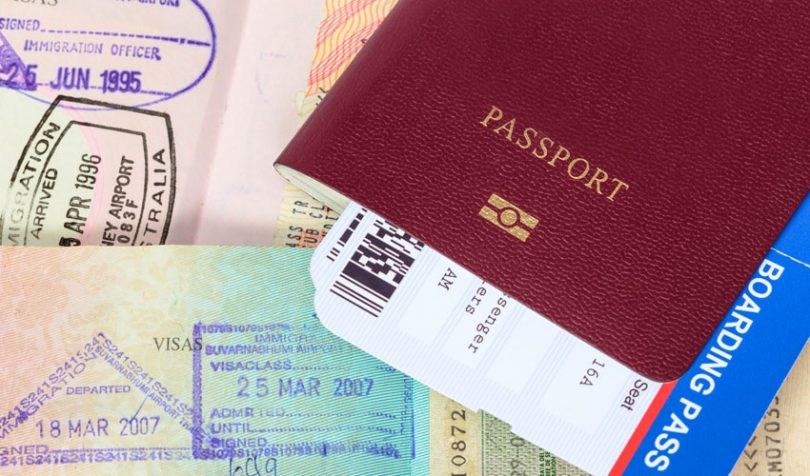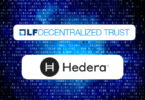The Science and Technology Directorate (S&T) of the Department of Homeland Security (DHS) has awarded a $143,478 contract to digital identity firm Danube Tech for credentialing. The Austrian firm has been tasked with developing blockchain security technology for the DHS to secure associated services such as customs and immigration.
The DHS incorporates U.S. Customs and Border Protection, the Transportation Security Administration, and U.S. Citizenship and Immigration Services. The current system employs paper-based documentation for issuance, validation and verification of licenses and certificates from these federal bodies. This legacy system is susceptible to errors and does not facilitate data exchange between departments.
Meanwhile, the funding was provided under S&T’s Silicon Valley Innovation Program (SVIP) solicitation for Preventing Forgery & Counterfeiting of Certificates and Licenses. SVIP works with private players to advance solutions for homeland security.
Danube Tech received the award for its Universal Issuer and Verifier project. In the first phase of the contract, Danube Tech will integrate interoperability support for credentialing data formats, existing blockchains and standardized and open application programming interfaces.
“Danube Tech is building core interoperability infrastructure for issuers and verifiers,” said Anil John, SVIP Technical Director. “Interoperability between blockchains is enabled by using emerging World Wide Web Consortium (W3C) standards to globally resolve and find information where it exists on a particular blockchain.”
Blockchain identity and credentialing
Digital identity has been marred with security issues. The primary concern is that data silos are attractive to hackers and the organizations that hold this centralized data have repeatedly failed to protect it.
Decentralization reduces the amount of siloed data. It often enables users to keep far more information themselves. Trusted authorities such as a passport issuer can attest that this person is who they say they are, without sharing the passport details. Hence, this also addresses the second issue, privacy.
Credentialing is one of the popular blockchain applications for digital identity. That’s in part because businesses are a more accessible and eager target to adopt decentralized identity.
The current W3C specification for Decentralized Identifiers (DiDs) was edited by representatives of three companies, including Danube Tech. The other two organizations were Evernym (which started the Sovrin Network) and Digital Bazaar.
Danube Tech and Digital Bazaar act as stewards on the Sovrin Network, which enables users to control their personal data. Recently Sovrin started supporting the issuance of credentials. Numerous big corporate names are Sovrin stewards (operate nodes) including the likes of Cisco and IBM.
And last week, Digital Bazaar announced it is collaborating with standards organization GS1 US on a blockchain-based identity project. Digital Bazaar has also worked on a proof of concept with the U.S. Customs and Border Protection.
The DHS had earlier acknowledged that it was working with its divisions to introduce blockchain in government programs. Last month, the U.S. Commercial Customs Operations Advisory Committee said that the U.S. government was working on blockchain projects for international trade.






